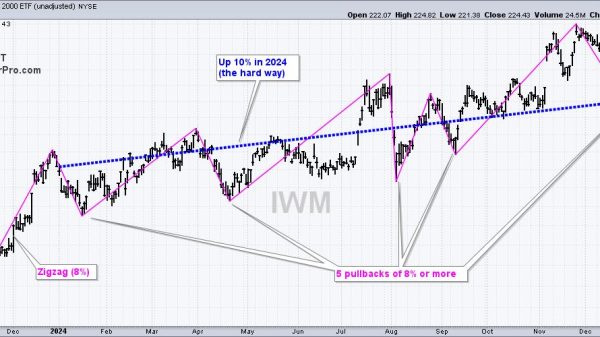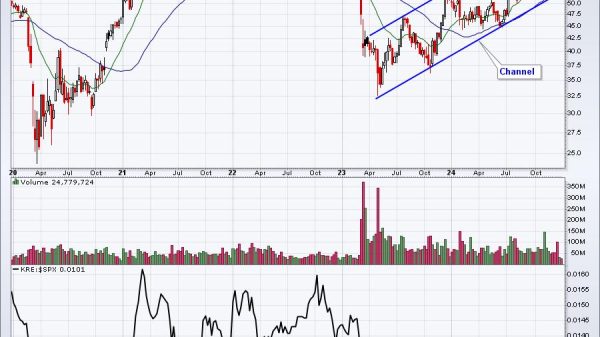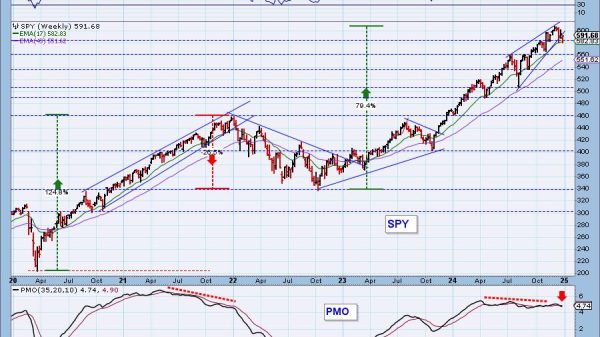Thomas A. Berry
In the First Step Act of 2018, Congress significantly altered how mandatory minimum penalties attach to repeat violations of section 924(c), a federal firearms offense. This section makes it a crime to use or carry a firearm during and in relation to, or in furtherance of, a crime of violence or drug trafficking offense. A first conviction results in a mandatory minimum of at least five years, and each subsequent conviction requires a twenty‐five‐year minimum sentence.
Prior to the First Step Act, the rule was that sentences “shall [not] run concurrently with any other term of imprisonment,” so sentences for multiple section 924(c) counts had to be stacked to run consecutively. For example, a first‐time offender convicted of three section 924(c) possession counts in a single indictment would be sentenced to a mandatory fifty‐five years for the firearms counts—on top of the sentence for the underlying crime of violence or drug trafficking.
As a representative of the Judicial Conference of the United States once explained, the mandatory minimums in effect before the First Step Act resulted in sentences that were “irrational,” “unduly harsh,” “cruel and unusual, unwise and unjust.” In the First Step Act, Congress addressed this problem. The Act clarified that instead of treating section 924(c) convictions in a single proceeding as automatically qualifying a defendant as a repeat offender subject to consecutive twenty‐five‐year mandatory minimums for each additional count, a prior conviction must have become “final” before a second violation is subject to these greatly enhanced minimum penalties.
The First Step Act mandates that its new sentencing rules not only apply to all offenses committed after its enactment but also “shall apply to any offense that was committed before the date of enactment of this Act, if a sentence for the offense has not been imposed as of such date of enactment.”
The Act thus struck a balance between fairness and finality—although sentences that were already final upon the Act’s enactment would not be vacated, any sentence imposed after the Act’s enactment would be under the new, fairer rules.
But now, the courts of appeals have split on an important question of statutory interpretation. What happens if a sentence was originally imposed before the Act’s enactment, but was then subsequently vacated (for some reason unrelated to the Act) after the Act’s enactment? In that circumstance, a district court must impose a new sentence.
Should it apply that sentence under the old, draconian sentencing rules or under the new First Step Act rules? The Fifth Circuit has held that the old sentencing rules must be imposed, reasoning that even a vacated sentence qualifies as a sentence that “has … been imposed as of [the Act’s] date of enactment.”
Now the Supreme Court has been asked to review this question, and Cato has joined the American Civil Liberties Union, ACLU of Texas, and the Due Process Institute in an amicus brief urging the court to take the case.
In our brief, we explain that the Fifth Circuit’s approach is wrong as a textual matter. When a sentence is vacated, it is treated for all intents and purposes as if it was never put into effect—it becomes a legal nullity. It would be incongruous for an invalid sentence, which is treated as having no force in every other respect, to become the only thing standing in the way of a new, reasonable sentence under the rules Congress has set out.
Further, our brief explains that the Fifth Circuit’s interpretation does not serve the interests of finality. Whenever a sentence is vacated, a new sentence must be imposed. Applying the new sentencing rules of the First Step Act to such cases would do nothing to upset the status quo for sentences imposed before the Act’s enactment that remain in effect.
To treat a resentenced defendant as if the First Step Act was never enacted would needlessly prolong the types of injustices that the Act was meant to end. The Supreme Court should take this case, resolve the circuit split, and reverse the Fifth Circuit.
























